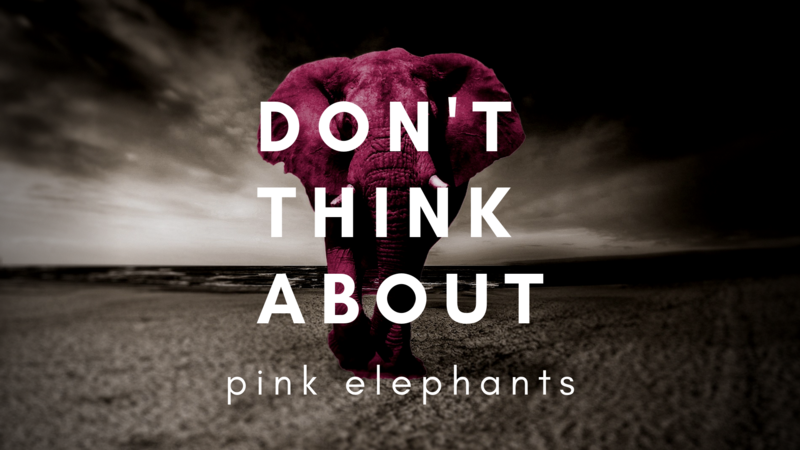Critical Race Theory (I like to call it Critical OF Race Theory) seems like such a backwards approach to social reform. Instead of focusing on what is desired and reaching for that goal, validating what steps have been taken in that direction, and holding fast to the vision or dream of what it could/will be - it focuses on being critical of what is currently wrong with a hand-slapping (let’s just say it for what it is – shame and complain) approach for ‘progress’.
Though I get it. That pattern has been a constant struggle
in my vocation of parenting. I seem to have
no problem identifying where my children need to improve or make changes (that’s
the critical part), though seeing what they do right and valuing the effort
they have put into what they do or seeing it as a baby step in the right
direction, is sadly not often what is voiced in our dialogue. That is something
I have desire to change. Fault-finding is a very ineffective approach to making
improvements.
Try as you can, the color green doesn’t pop into your head. Many
shades of pink may have flooded your mind but not a spectrum of the rainbow. When it is said “Don’t look at the different
colors of skin - or race”, it brings about the same mental focus on the color differences,
rather than the unifying qualities.
While attending my university studies, I recall the difficulty
I was experiencing during the unit of diversity in children’s literature. It
seemed so ridiculous to me that a piece of literature was merited on whether it
included a variety of race, socio-economic factors, lifestyles, etc. rather
than the quality of the message the story taught. When I read a story about a
black child’s family or an Asian culture experience or a French orphanage or
any other scenario, I automatically associate and compare/contrast their
experience with my own. I don’t have to have a particular race or culture to
validate my identity or feel a connection with the ideas. All the push to make
sure inclusion was a component, literally drew my attention toward the
differences instead of the commonalities.
The Savior taught us to love one another and love your enemies. He said to feed my sheep. And although he had a chosen people, they were chosen to do a work for him – not to be better than his other children. I might note that he didn’t say love those who are different than you or less than you. He didn’t instruct his disciples to feed all the diverse dependent animals. The diversity is not the focus – the love is.
Where focus goes, energy flows, and that thing grows. When
we focus on the differences or the injustices of something – we get more of it.
When we focus on the faults or errors of another, our awareness of it becomes
enhanced and we seem paralyzed due to that focus. Now I’m not suggesting that
we put our head in the sand and avoid facing problems head on. That would be
absurd and counterproductive. But what I am suggesting is align your focus with
the desired end. In other words create a vision and an action plan, and when
working with other people regarding the goal, approach it from a place of love
– not correction.
In our family, we have recently initiated a family counsel
with the purpose to problem solve in a united, supportive manner. It is our
baby step to becoming one heart and one mind. It is also producing a healing effect rather
than a wounded one. This is an outline of the process.
- Vision/Obligation – For most problems, the vision is to support and encourage the family member to find a solution to their current challenges. This is where we focus on the love rather than being critical. It also is important to note that when the personal/family issue is discussed, the problem needs to be stated in the context of personal responsibility. I call it being 100% Responsible and acknowledging the mirror effect.
- Validation – Often times, outside of family counsel, I skip over these foundational steps and go right to fixing the problem, but it is imperative for the vision of unity to really understand the other person’s perspective. Recognize (and verify) the other person’s feelings/thoughts. Walk in their shoes & understand where they are coming from.
- Appreciation - Empathize and share examples of similar feelings/experiences. This little step does volumes at uniting hearts.
- Perception - State contrasting feelings/perspective. Many times others haven’t even seen a different perspective and simply raising their awareness to another way of looking at things solves a great deal of difficulties.
- Solutions – Brainstorm possible problem solve options or simply discuss the situation for heightened awareness and appreciation.
When we blame and complain and desire to give shame and pain
to others – we are divided and get defensive. We become critical of others. BUT
when we instead focus on vision and personal obligation, express validation and
appreciation, and recognize varied perceptions – then we can find solutions to
our problems and then we can unitedly work together to fix what is broken.




No comments:
Post a Comment